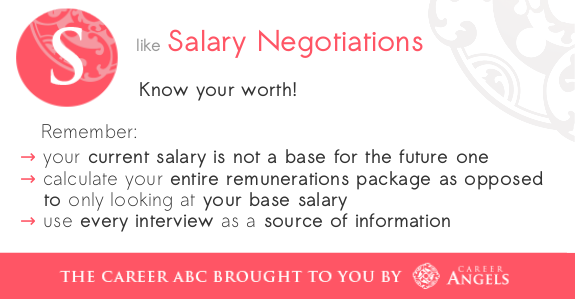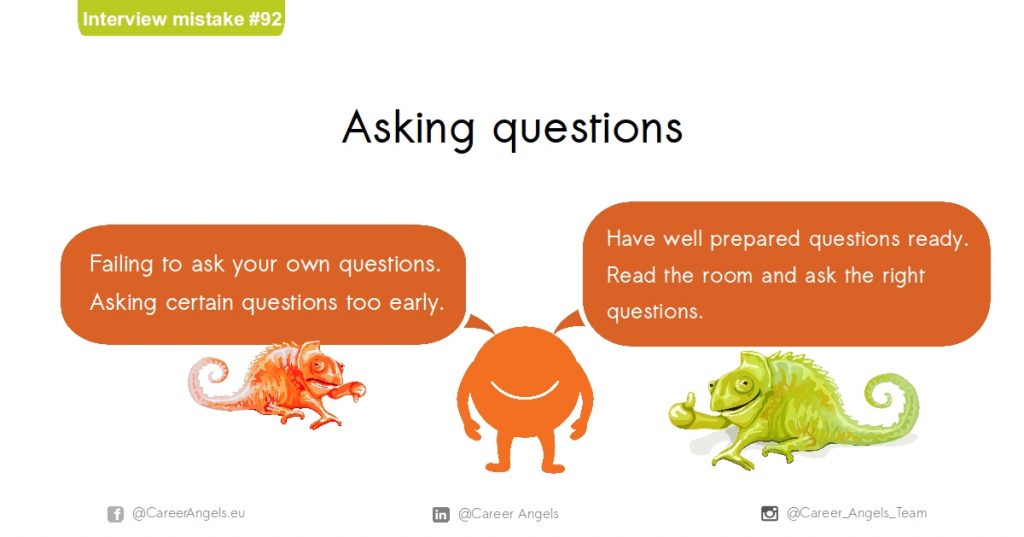
Pokaż mi pieniądze: jak (nie) negocjować swojego wynagrodzenia
W jaki sposób najlepiej negocjować wynagrodzenie? Przed rozpoczęciem, najważniejszym jest ocenienie ogólnej pozycji negocjacyjnej – zgodnie z propozycją Feldmana i Schulingera:
- Czy jesteś obecnie zatrudniony?
- Czy masz inną ofertę pracy?
- Czy jesteś w stanie zrobić sobie przerwę / wziąć urlop naukowy (w przypadku niepowodzenia negocjacji i braku aktualnego zatrudnienia)?
- Czy ta oferta pracy jest Twoim drugim / trzecim / itd. wyborem, a nie pierwszym?
Każde „tak” jest warte 1 punkt, a każde „nie” jest warte 0 punktów.
Teraz na podstawie zdobytych punktów określ swoją pozycję negocjacyjną:








